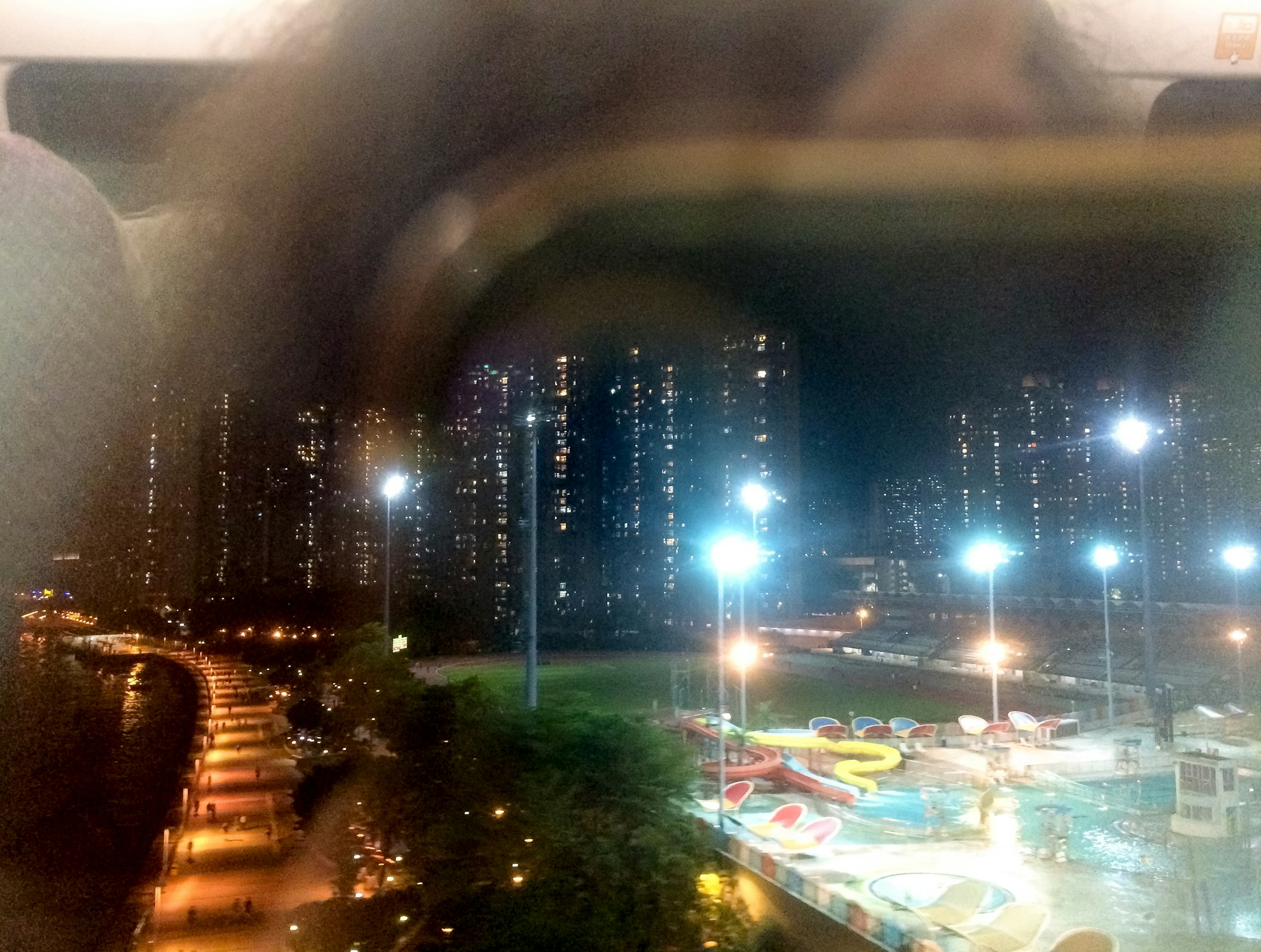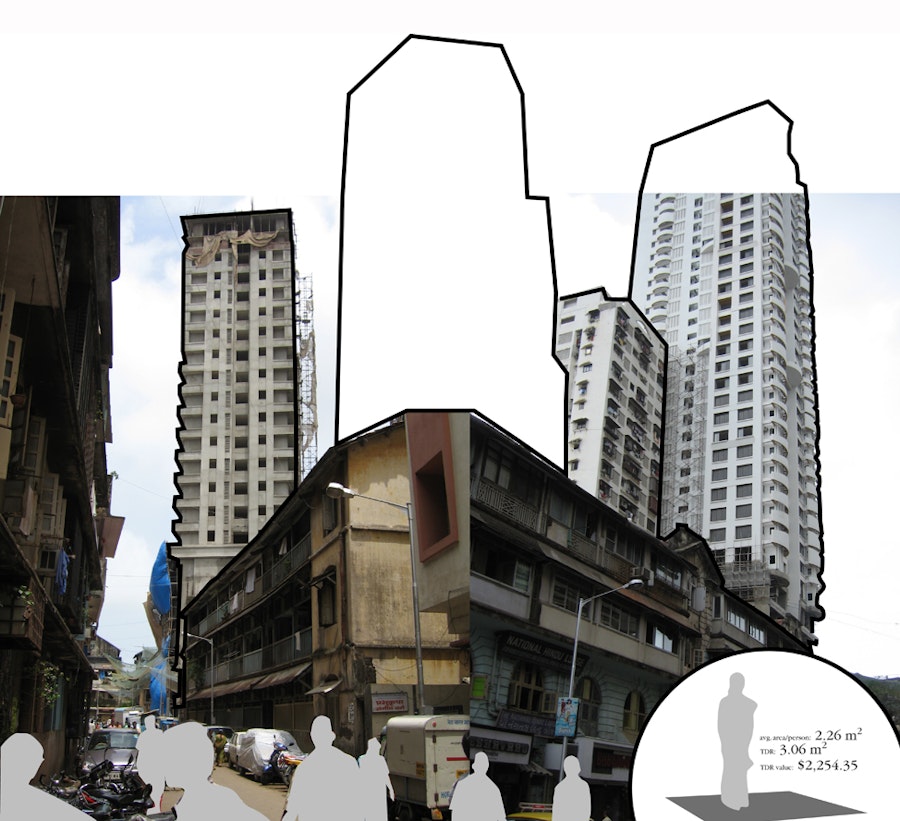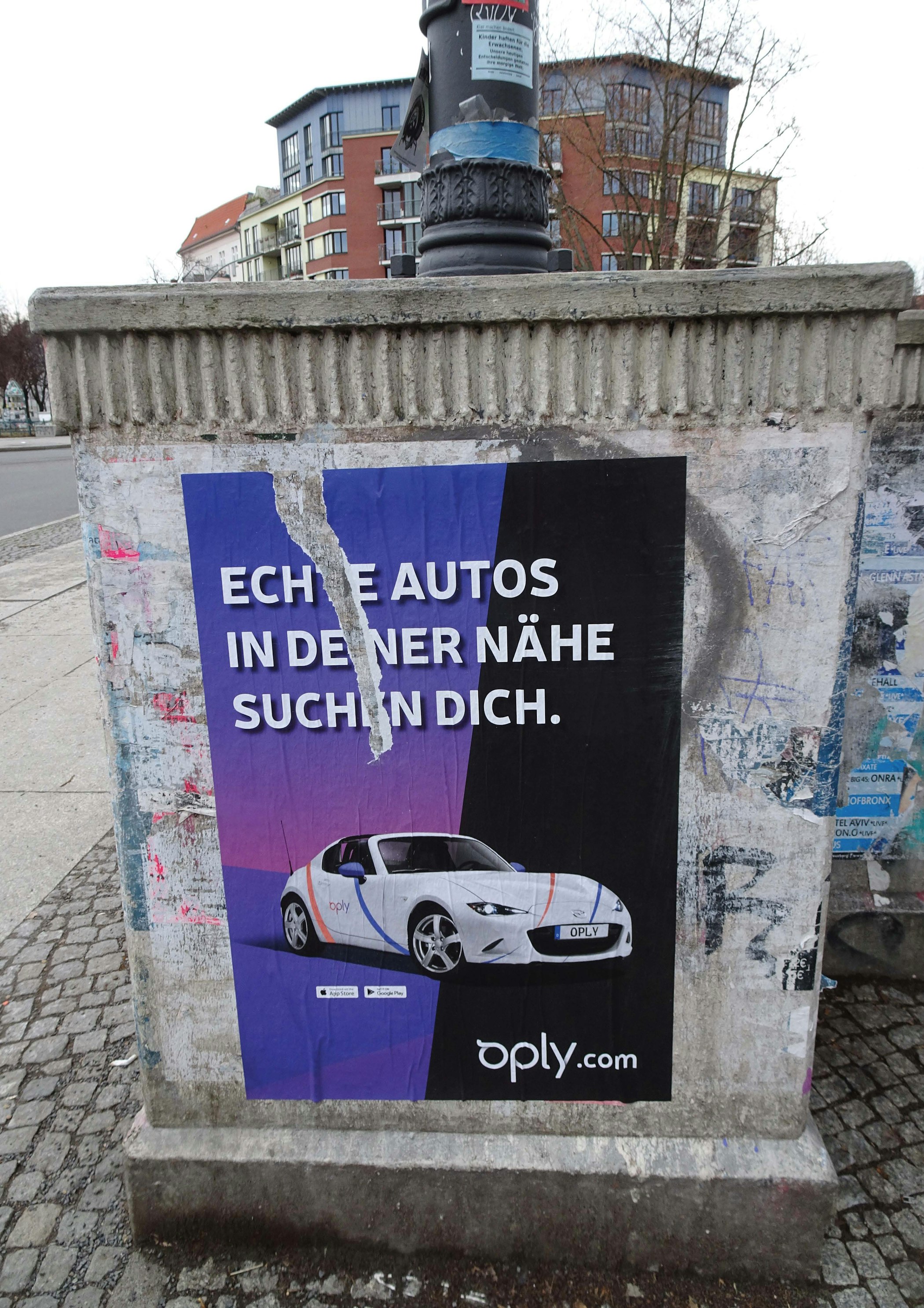Housing has become an essential commodity in the global economy, specifically within platform economies, as is clear in cases such as AirBnB. Platforms both contribute to and benefit from the precarious housing situation worldwide, as digital platform technologies accelerate the financialisation of housing on all scales, as property – from whole real-estate portfolios to single apartments – are rented and sold in an automated way. Rather, in a supposedly automated way: when Facebook allowed ‘redlining’, it effectively excluded people from some neighbourhoods by not allowing them to see rental ads in places where they were not welcome. Platforms are not neutral or "just" utilities. With property technology and its investment market aggressing existing housing landscapes, this development is "likely to serve the interests of people and places already benefiting from property-led accumulation, undermining the interests of property-less subjects and marginalised places."[1]
Of course, the connection of breath to questions of platform urbanism is indirect. I’ve argued elsewhere that the object of platform urbanism is the urbanisation of the body. What I mean by this is really only an extension of a logic that cohered in the nineteenth century and generalised spatial technologies and techniques to organise bodies in space – a logic that is, in part, the product of a larger, contemporaneous reconceptualisation of the human body that coincided with a new understanding of space from within the emerging centres of global power. The name of this political technology is urbanisation (or urbanisación, as it was first articulated).[4] What platform urbanism technologies offer is a kind of improvement of this, providing a host of far more intimate, invisible means by which to constantly access the body as an expansive site of extraction – a vessel which immediately converts its physical, psychic, biological and environmental relations to space and time into capital – and to entangle it as a subject of coercion and control.
Upcoming Events
Resident Bloggers
- Ross Exo Adams
- Tom Avermaete
- Lucia Babina
- Jochen Becker
- Andrea Börner
- Daniel Cardoso Llach
- Centre for Global Architecture
- Ofri Cnaani
- Niccolò Cuppini
- Peggy Deamer
- Fairwork Project
- Mattia Frapporti
- Pedro Gadanho
- Benj Gerdes
- Orit Halpern
- Tal Halpern
- Owen Hatherley
- Gabu Heindl
- Carmen Hines
- Leo Hollis
- Andreas Kofler
- Bernadette Krejs
- Maroš Krivý
- Peter Lang
- Mona Mahall and Asli Serbest
- Jonathan Massey
- Louis Moreno
- Peter Mörtenböck and Helge Mooshammer
- Gerald Nestler and Sylvia Eckermann
- Edgar Pieterse
- Maurilio Pirone
- Heidi Pretterhofer
- Vyjayanthi Rao
- João Ruivo
- Susan Moore Scott Rodgers
- Manuel Shvartzberg Carrió
- Miriam Simun
- Slutty Urbanism
- Douglas Spencer
- Matthew Stewart
- Ravi Sundaram
- Tiziana Terranova
- This Machine Kills
- Ignacio Valero
- Matias Viegener
- Alan Wiig







